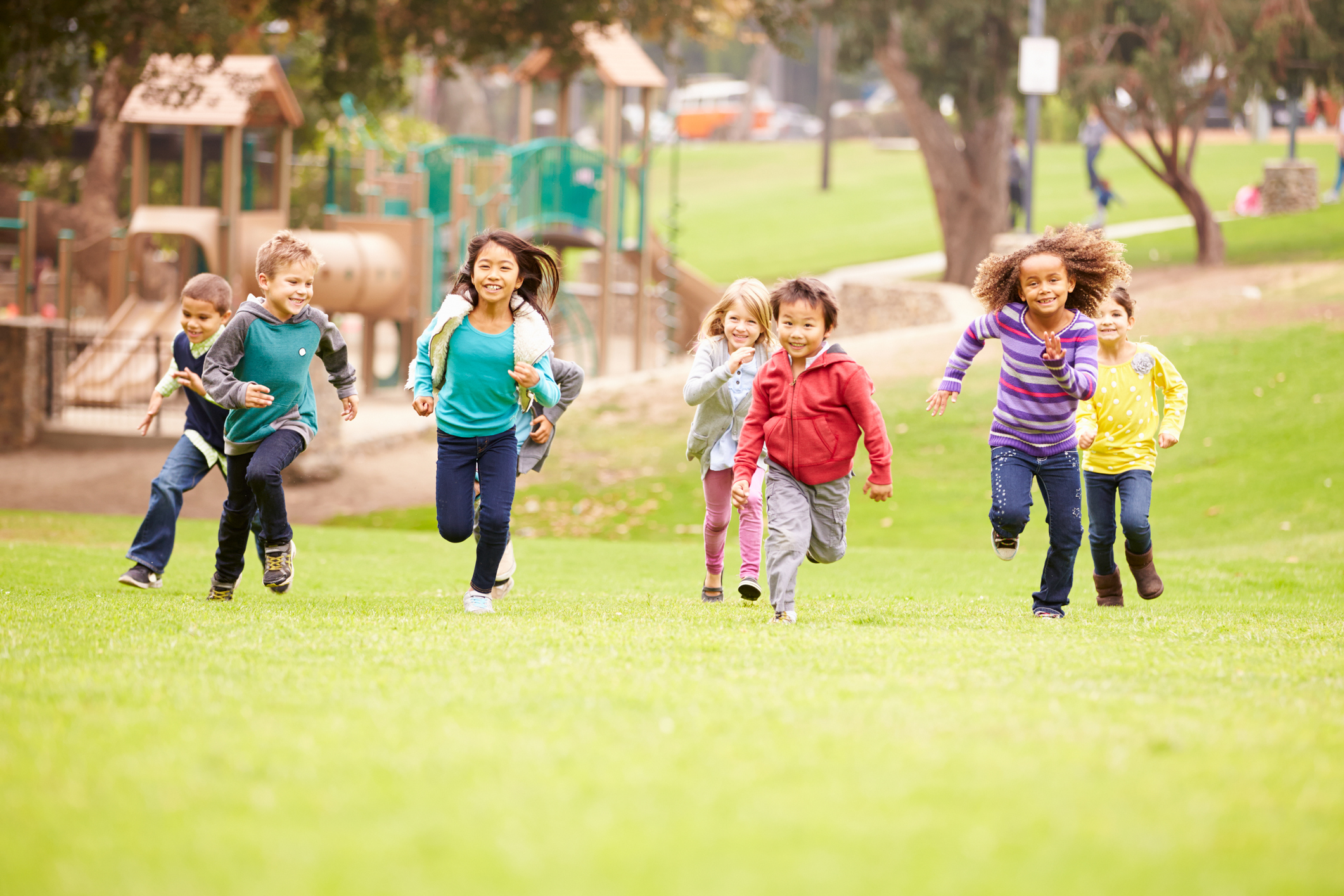- Develop a routine – Set reasonable sleep and wake times. Write a schedule that includes time for work as well as self-care. Remember to dress. Get showered and dressed in comfortable clothes daily. Try to avoid remaining in pyjamas all day
- Get out at least once a day – for activities such as shopping, getting a take-away coffee, or for a walk
- Stay connected with others – ensure to make time for this daily, e.g., phone calls, FaceTime, texts, Skype
- Stay hydrated and eat well – try to avoid over-indulging, forgetting to eat, or avoiding food. Ensure to drink plenty of water
- Spend extra time playing with children – Children sometimes do not communicate how they are feeling, but will often request attention and communication through play
- Expect behavioural issues in children – this may be due to disruption to their routine, boredom, increased anxiety, etc. Try not to introduce major behavioural plans or consequences at this time
- Limit social media and COVID-19 conversation – especially around children. Information can often be sensationalised, negatively skewed, and alarmist. Find a trusted source and check in consistently, no more than 2 times a day
- Find something you can control – For example, reorganise your closet or bookshelves, re-arrange furniture, or group your children’s toys. Controlling a small part of your life can help to anchor you
- Reach out for help – your team is here for you. Although we are physically distant, we can always connect remotely
- Remind yourself daily that this is temporary – although it may be a scary and difficult time, it WILL pass
Written by Marisa Donnoli – Psychologist at De Silva Kids Clinic


